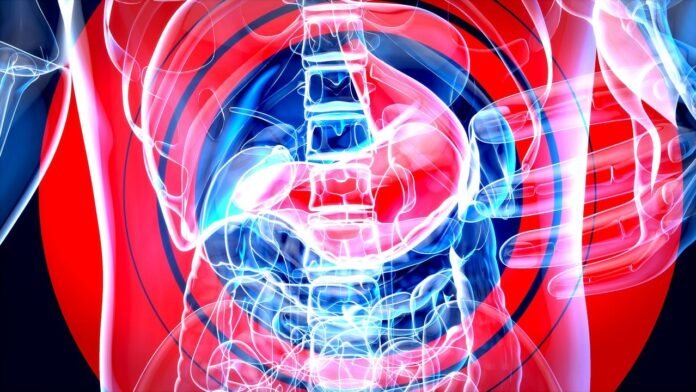Food is not just fuel for our bodies; it also plays a significant role in our mental health. The connection between the food we eat and how we feel is becoming increasingly clear, with research indicating a strong correlation between diet and mental wellbeing. This article will delve into the importance of eating well for mental health, exploring the impact of food on our mind and mood.
The Gut-Brain Connection
The gut-brain connection is an important concept in understanding how food impacts our mental health.
A Two-Way Street
The gut and the brain communicate constantly via the vagus nerve, a large nerve that extends from the brain to the abdomen. This communication is a two-way street: the brain sends signals to the gut, and the gut sends signals back to the brain.
The Role of Gut Bacteria
There are millions of bacteria living in our gut, and they play a crucial role in our health. Certain types of bacteria can influence our mood by producing neurotransmitters like serotonin and dopamine, which are essential for mental wellbeing.
The Impact of Diet on Mental Health
Our diet can greatly influence our mental health, and here’s why.
Nutrient-Rich Foods
Nutrient-rich foods like fruits, vegetables, whole grains, and lean proteins provide the necessary vitamins and minerals for optimal brain function. These nutrients aid in the production of neurotransmitters, enhance brain function, and stabilize mood.
The Dangers of a Poor Diet
Conversely, a diet high in processed foods, sugars, and unhealthy fats can lead to inflammation and oxidative stress, negatively impacting brain function and mood. Studies show that a diet high in processed foods can increase the risk of depression and anxiety.
Eating Well for Better Mental Health
So, how can we use food to boost our mental health? Here are some tips:
A Balanced Diet
A balanced diet is essential for both physical and mental health. Incorporate a variety of nutrient-rich foods into your diet, such as fruits, vegetables, lean proteins, and whole grains.
Hydrate
Dehydration can impact cognition and mood. Drink enough water throughout the day and incorporate hydrating foods, such as fruits and vegetables, into your diet.
Mindful Eating
Mindful eating involves being present while eating and savoring each bite. This can help improve your relationship with food and lead to better mental health.
Exploring Further: Online Resources for Nutritional Guidance
If you’re looking to delve deeper into the world of nutrition for mental health, there are many online resources available. A good starting point could be to follow an expert in this area such as Kathrine who runs this nutrition advice blog. Such platforms can provide insights into the latest research, offer healthy recipe ideas, and give practical tips for incorporating nutritious foods into your daily routine.
Conclusion
In conclusion, food plays a crucial role in our mental wellbeing. By understanding the gut-brain connection, the impact of diet on mental health, and the importance of eating well, we can make informed food choices that not only nourish our bodies but also our minds. Remember, a healthy diet is one of the most powerful tools we have to affect change in our mental health, contributing to overall happiness and wellbeing.























